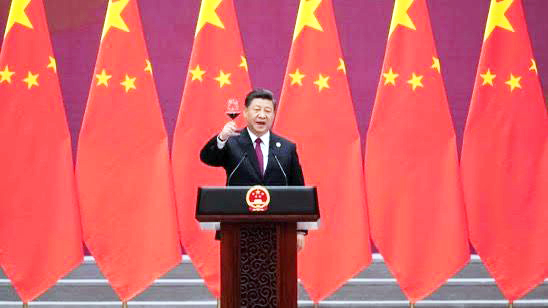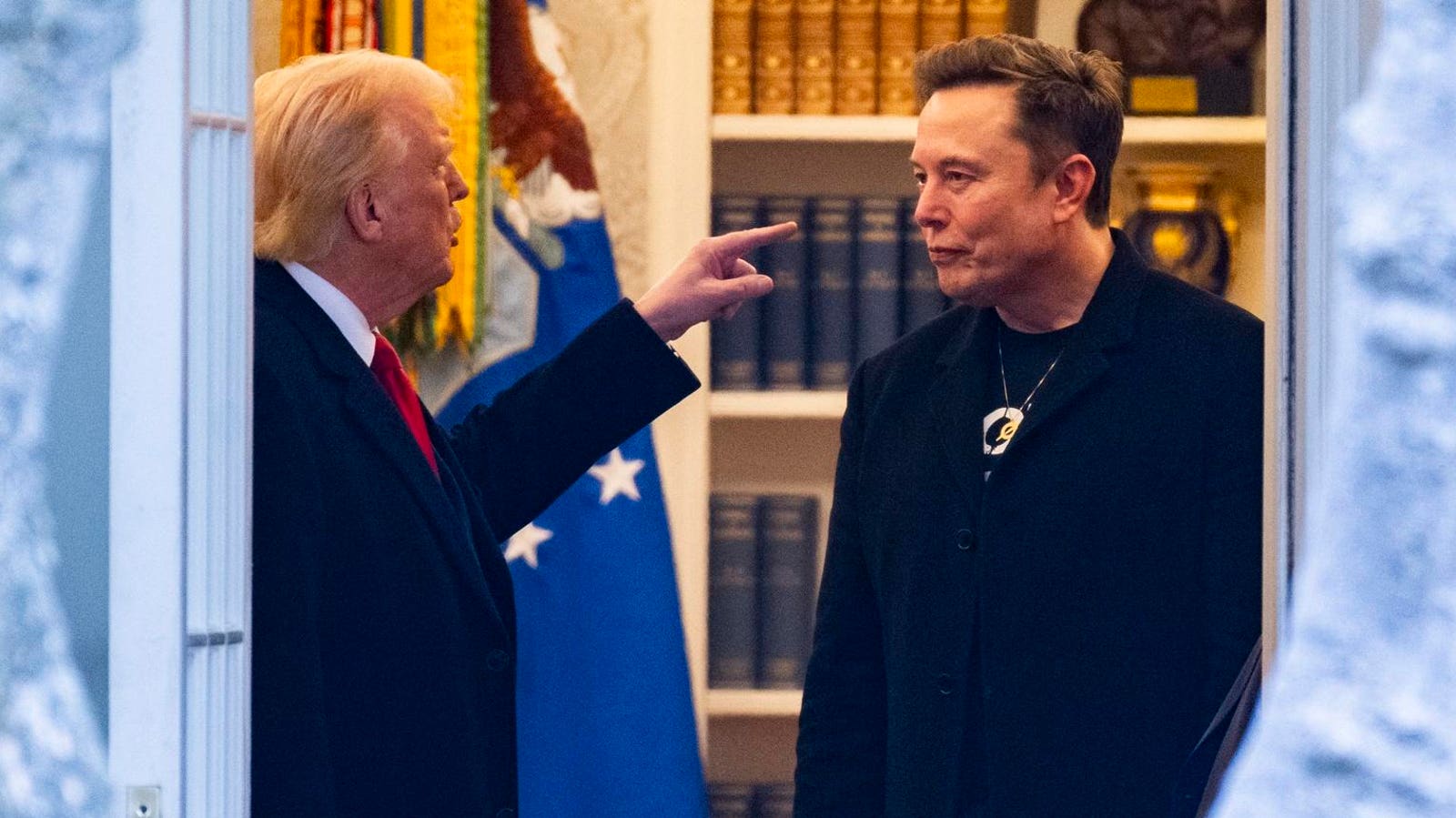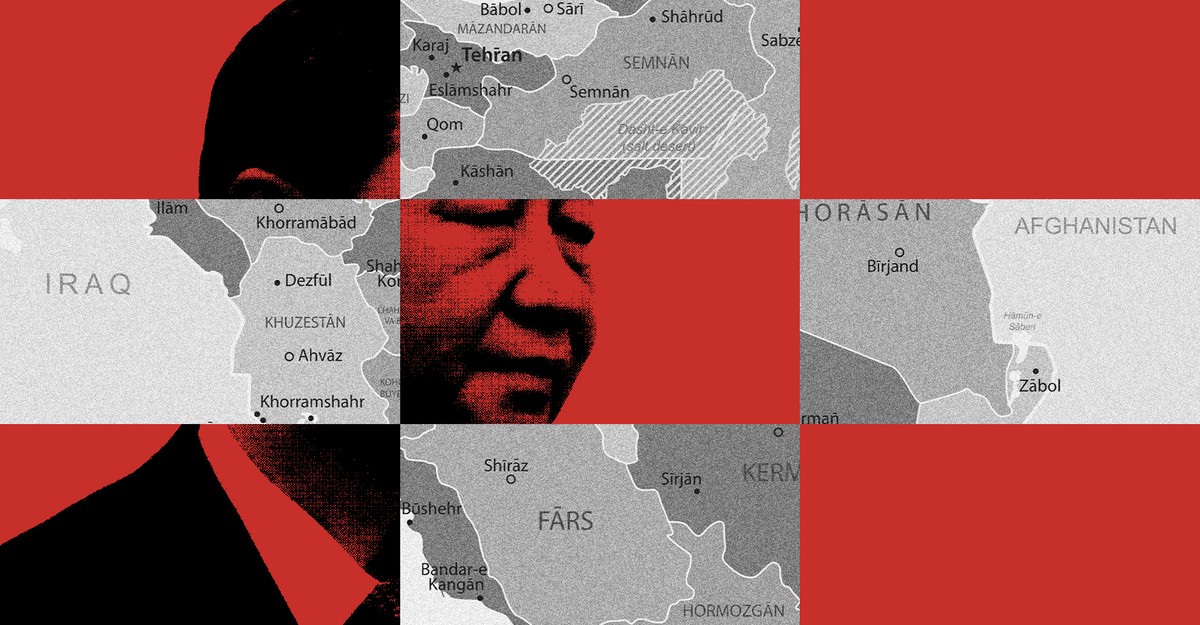Rumours of the imminent or actual political demise of Xi Jinping, General Secretary of the Chinese Communist Party (CCP), President of the People’s Republic of China (PRC), and Chairman of the Central Military Commission (CMS) by overseas Chinese dissidents, have been simmering in recent times.
At the heart of these rumours is Xi’s unusual disappearance from public view for nearly two weeks in the month of May. Fingers have been pointed to factional rivalry between the so-called “Princeling” and once formidable “Shanghai” clique represented by Jiang Zemin and his loyalists. Some other signals that fed the rumour mill is that the May Politburo meeting, a routine fixture, did not take place. In the military realm, Xi’s removal of senior generals such as Vice Chairman of the CMC, He Weidong Admiral Miao Hua, the director of the CMC’s political work department, responsible for ideological control and personnel management within the People’s Liberation Army (PLA) have dominated the headlines.
Some also pitched the Vice Chairman of the CMC, Zhang Youxia against Xi Jinping and is believed to be purging Xi loyalists. Adding fuel to the fire are whispers of unusual manoeuvrings by retired Party elders, like Hu Jintao and Wen Jiabao. Gregory Slayton, a former US diplomat, even wrote an article entitled “Is Chinese President Xi Jinping on his way out?” in the New York Post on 28th June.
Michael Flynn, former US National Security Advisor, also took to social media platform X on the 27th and said, “There is a clear power shift occurring in China right now.” Furthermore, a meeting with Belarusian President Aleksandr Lukashenko, an ally of both Xi and Putin, held in Xi’s private residence rather than the grand halls of Zhongnanhai or the Great Hall of the People also fuelled speculation that the optics were carefully managed to hide Xi’s loss of power. Xi Jinping skipping the BRICS Summit in Rio de Janeiro, and that “a set of regulations on the work of the Party Central Committee’s decision-making, deliberative and coordinating institutions” reviewed by the Political Bureau of the CPC Central Committee held on June 30, have suggested a “centralized and unified leadership of the CPC Central Committee over major initiatives” especially over those “leading groups” headed by Xi has diluted his power so on and so forth.
The truth about these rumours is that it’s the same script, same wishful thinking—secret coups, military mutiny, party elders plotting from their villas by the sea. In reality, Hu, who famously was escorted out of the 20th Party Congress in 2022 in a rare moment of open tension, is frail and largely sidelined, while Wen, now in his eighties, has long retreated from politics. As for the Shanghai clique making a comeback after 12 years of Xi’s rule is highly unrealistic as the faction’s people have long vacated the positions for Xi loyalists. Even the turmoil inside the PLA tells a different story than conspiracists wish. Xi’s mass firing of generals isn’t a sign that they’re out for him. Rather it’s a warning shot that no one is safe if they step out of line, not even among his loyalists.
Therefore, Zhang Youxia purging Xi’s men should be taken with a pinch of salt. As regards the 30 June Politburo meeting reviewing “a set of regulations on the work of the Party Central Committee’s decisionmaking, deliberative and coordinating institutions,” reference to these was made in an early 2023 document entitled “Outline of the Central Intra-Party Regulations Formulation Work Plan (2023-2027).” The fivesection document runs into 28 points and 9,800-plus characters and guides intraParty regulation work over the next 5 years with Xi Jinping Thought on Socialism with Chinese Characteristics for a New Era as the guiding ideology. It aims to strengthen the Party’s long-term governing capacity, maintain rigorous self-discipline within the Party, and ensure unified thinking, political cohesion, and coordinated action at all levels. At the same time, it reinforces the Party’s leadership across key domains such as the economy, society, culture, national defence, and foreign affairs.
On the anti-corruption front, it seeks to build an integrated system that ensures there is no opportunity for corruption, no capacity to engage in corruption, and no desire to be corrupt. The implementation of this document is led by the CPC Secretariat and coordinated by the General Office of the CPC Central Committee. The Secretariat is run by Xi’s trusted lieutenants, such as Cai Qi and Wang Xiaohong, who also serve as Politburo members. Cai Qi, as Director of the General Office, manages daily operations alongside other members of the Politburo Standing Committee.
The new “set of regulations on the work of the Party Central Committee’s decision-making, deliberative, and coordinating institutions” is not a novel initiative but rather a reinforcement of an existing toplevel blueprint. Its goal is to keep the Party united, disciplined, and fully capable of steering China’s modernization and national rejuvenation, through stronger rules that supervise, standardize, and motivate the entire Party and its cadres. Moreover, the core principles shaping China’s governance and international posture remain firmly rooted in Xi Jinping’s ideological and strategic vision. Xi has reasserted the Communist Party’s absolute leadership over every facet of Chinese society—defining the nation’s path, theory, system, and culture. While high-tech sectors such as semiconductors, artificial intelligence, and green energy are strongly promoted, the Party insists that private capital must ultimately serve national interests and strategic goals.
Under Xi, ideological controls have tightened further: censorship, surveillance, “patriotic education,” and anti-Western narratives are all reinforced to strengthen regime legitimacy. Although China’s economy has faced headwinds in the post-Covid era, it continues to grow at a steady pace and China remains one of the largest trading partners for most countries, including many of its rivals. The vision of building a “community of shared future” remains a central pillar of Xi Jinping’s foreign policy.
In pursuing a “New Type of Major Power Relationship,” China openly positions itself as a peer competitor to the United States, offering a new model of development and modernisation away from the liberal democracies. The recent tariff war with the US bears Xi’s clear imprint, while Beijing’s support for Russia, Iran, and North Korea has remained steady and shows no sign of wavering. Ultimately, whether Xi disappears from view for two weeks or purges generals from the ranks, the ideological DNA he has embedded in Party supremacy, regime security, techno-nationalism, and an assertive foreign policy is here to stay. China’s bureaucracy, the PLA, state-owned enterprises, and propaganda apparatus all remain firmly aligned with this line of thinking.
Rumours about Xi’s personal fragility do not translate into any meaningful shift in direction. The system is designed to follow Xi’s blueprint for the “New Era.” Foreign analysts and exiled dissidents may wish Xi away, but gossip is not strategy. The reality is starker: there is no palace coup, no rebellious army faction, no resurgent party elders. There is only Xi Jinping and for now, his power is absolute.


